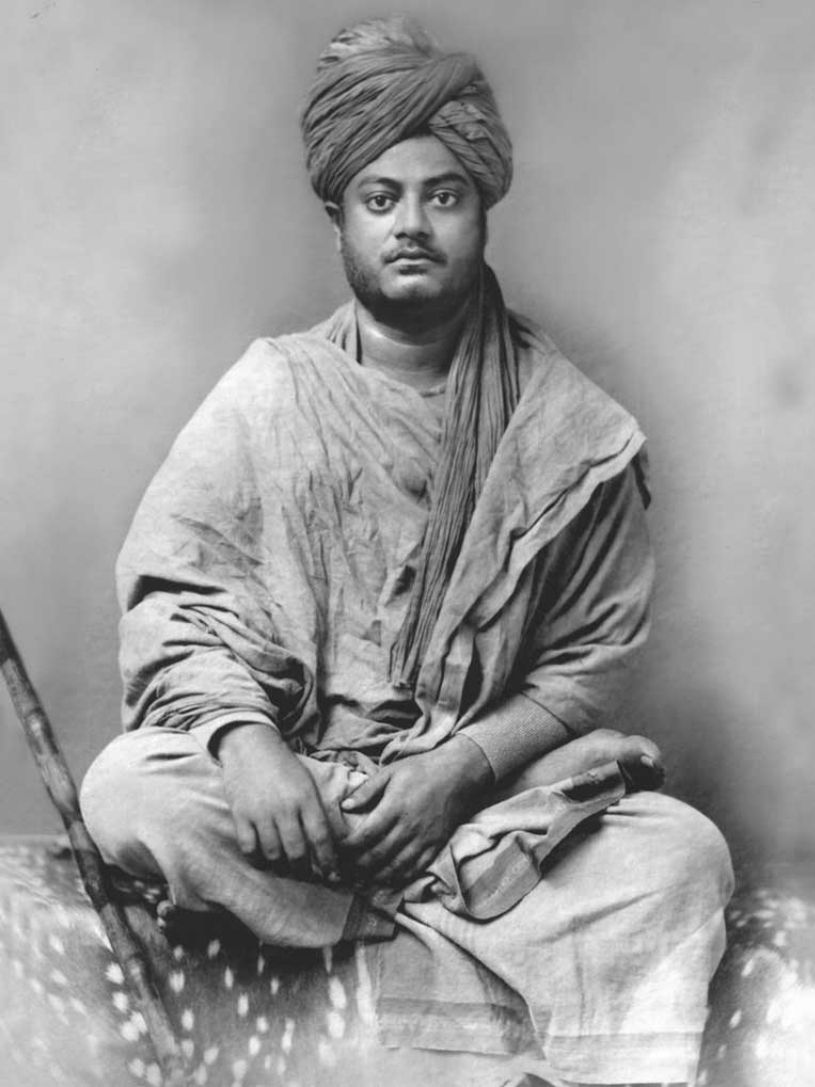Student’s life modelled on ancient ‘Gurukula’ model:
The students are regularly exposed to the teachings of Sri Ramakrishna, Swami Vivekananda and Mahatma Gandhi, and the institution strives to shape its students into fully integrated human beings with a harmonious blend of cognitive, affective and psychomotor skills, combining modern scientific temper with ancient spiritual wisdom. More than the curricula, it is the kind of life students live within the campus, modelled on the ancient ‘ GURUKULA SYSTEM’ and modified to meet contemporary challenges that helps them to imbibe those values which the institution fosters as its mission goal.
In a gurukula model, character formation is through living in close contact with monks and other dedicated teachers and staff. Values are thus caught rather than merely taught. Students are trained in community life, and this is possible because this school makes residential schooling a compulsory feature. Every morning and evening the prayers are conducted in a hall. In the hostel, a self-help system is followed to impart the sense of dignity of labour. Students are involved in campus cleaning etc. Retreats and religious discourses are also conducted periodically. Social service activities are encouraged by involving students in the extension activities of the Vidyalaya.
To impart man- making education of Swami Vivekananda: All round personality development according to Swami Vivekananda is the harmonious development of three ‘Hs’ – heart, head and hand. In the words of Swami Vivekananda one must have a ‘heart to feel, brain to conceive, and hands to work.’ In ancient Indian terminology, these are respectively, bhakti, jnana, and karma, which are also designated as yogas or paths for attaining the goal of life. The emblem of Ramakrishana Mission conceived by Swami Vivekananda is the most eloquent expression of this idea of yoga synthesis. Our school has this goal of synthesizing bhakti, jnana, and karma for achieving alround personality development of its students. This man-making, the building of a complete man, is the aim and end of education, according to Swami Vivekananda.
Development of the emotional and spiritual dimension (Heart to feel):
- Regular bhajans are sung, and hymns, etc are chanted during morning and evening prayer sessions every day. There is time for meditation, thought for the day, voicing the saying from the scriptures. Study Circle, discussing (Swami Vivekananda’s) life, teachings, and philosophy of work and service. On every Thursday students gather in the auditorium and participate in common prayer for an hour. There follows bhajans for 20 minutes and a speech for another 30 minutes by an eminent person.
- A Student Club, namely, ‘Blossoming Buds’ (in Tamil, ‘Mugilkum Malargal’) is functioning to co-ordinate various activities of the students. The students divide themselves into four groups on all the holidays, in the afternoon and practice bharatanatyam, folk dance, drama, screen play writing, acting, poetry, singing, painting, memorized recitation, etc. At the end of each month they render an hour’s cultural programme. The stage setting, make-up, sound and light, screen, costumes, etc. are done by the students themselves. The students participate in cultural activities such as music, drawing, drama, etc., all round the year.

- They also participate in Saraswati Puja, the annual Guru Puja festival of the Vidyalaya, spiritual retreats, important meetings, etc.
- The students of the Band Troupe practice on instruments such as trumpet, euphonium, baritone, tremphone, bugle, flute, clarionet, side drum, bass drum, etc. for three days in a week with the guidance of a qualified master.
